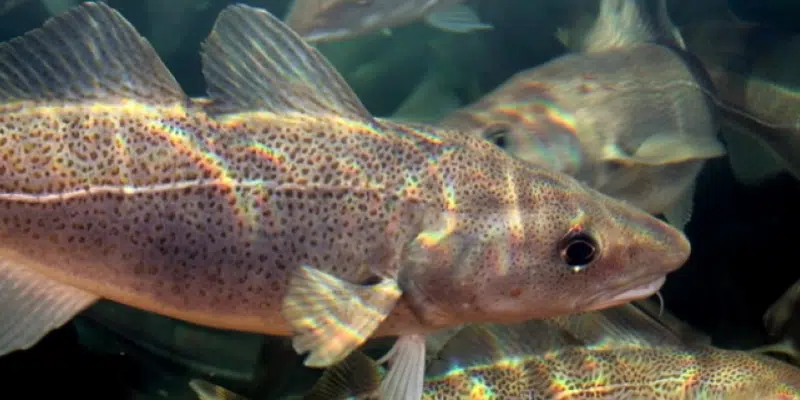A groundbreaking scientific review article released this week highlights the dire consequences of climate change and increased human activity on Arctic cod and the broader Arctic ecosystem.
Dr. Maxime Geoffroy, research scientist, Fisheries and Marine Institute of Memorial University and lead author of the study, led a consortium of 43 scientists from 26 international institutions in a review of 395 scientific papers published since 1954.

Arctic cod, also known as polar cod, holds a crucial role within Arctic marine ecosystems. As the most abundant fish in the Arctic Ocean, these small fish play a pivotal role in the food chain, serving as a sustenance source for marine mammals, seabirds, and other fish species. Additionally, they have been a staple of Inuit communities and form the basis of commercial fisheries.
The fish is threatened by habitat loss, altered food availability, increased predation, and competition due to warming temperatures and changing ocean conditions.
The study emphasizes the need for action to mitigate these impacts and protect the delicate balance of the Arctic ecosystem.
The research also points to the risks posed by oil and gas activities in the region.
The study’s findings stress the interconnectedness of the Arctic ecosystem and call for global efforts to address these challenges.























